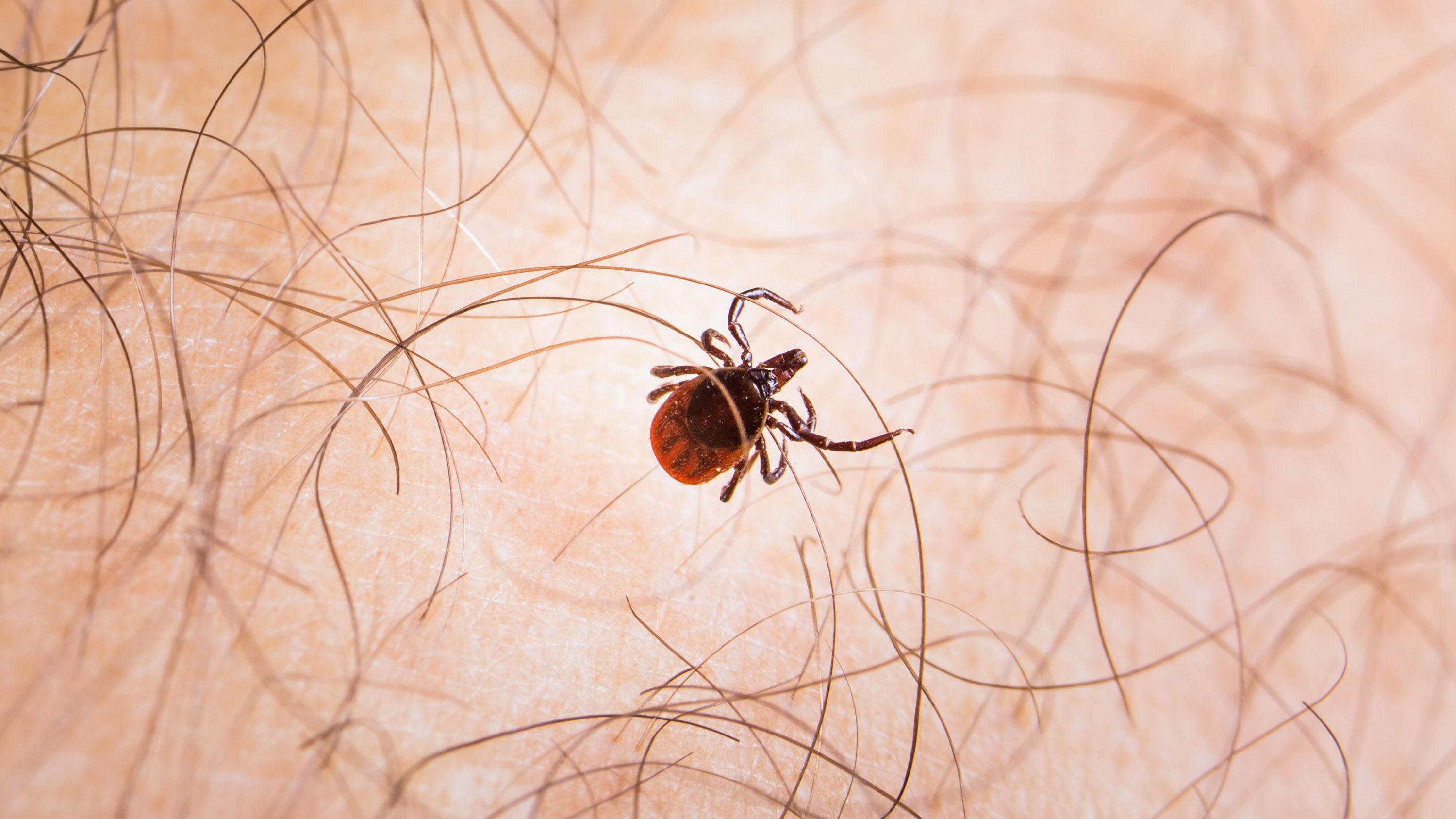Most people’s sweat contains a protein that can prevent Lyme disease, researchers at MIT and the University of Helsinki have discovered. They also found that about one-third of the population carries a less protective variant that makes the tick-borne infection more likely.
By running a genome-wide association study, the researchers identified three variants more common in people who’d had Lyme disease. One—in a gene for a secretoglobin, a type of protein that in this case is produced primarily in the sweat glands—was previously unknown. In vitro, it significantly inhibited growth of Lyme-causing bacteria, but a variant version required twice as much to do so. And when mice were injected with Lyme bacteria that had been exposed to the normal version of the sweat protein, they did not develop the disease.
It’s unknown how the protein inhibits the bacteria, but the researchers hope it can be used in preventive skin creams or to treat the 10% or so of Lyme infections that don’t respond to antibiotics.
Don’t settle for half the story.
Get paywall-free access to technology news for the here and now.
